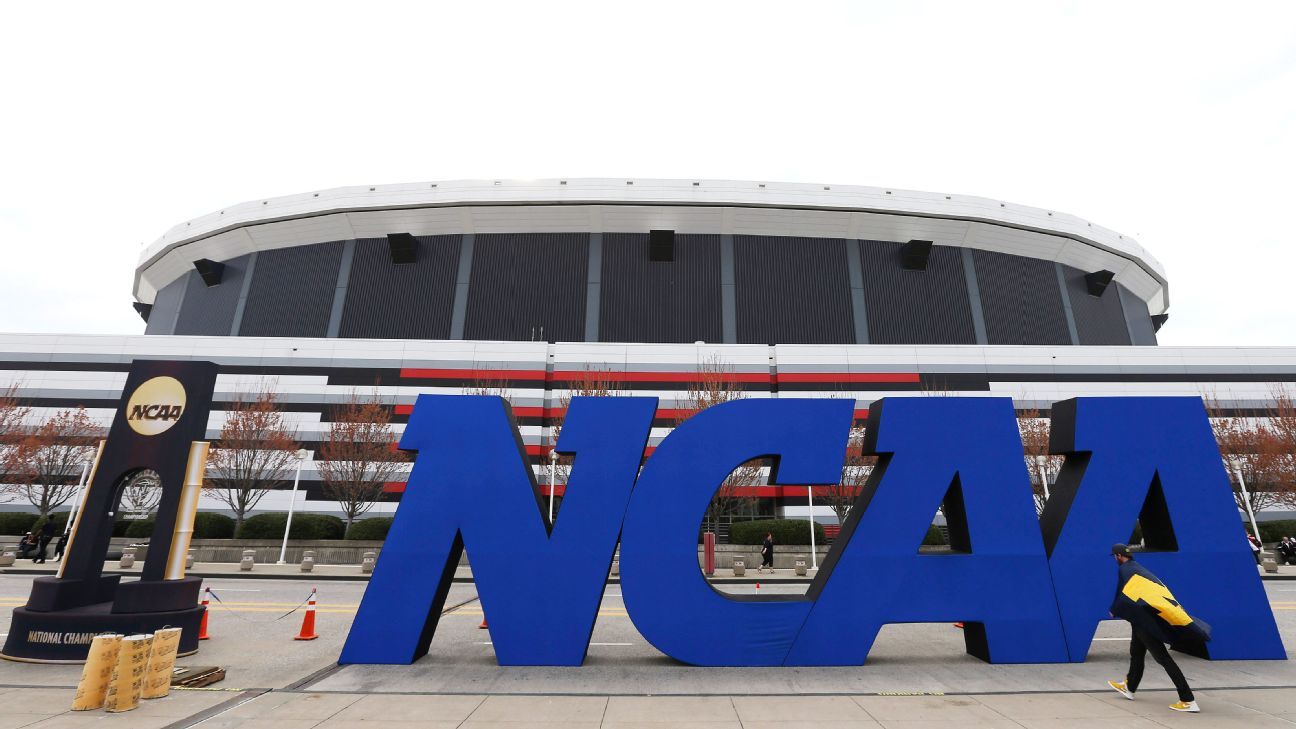The NCAA filed a notice of appeal Friday, challenging a federal judge’s ruling earlier this month that determined, in part, that the organization violated antitrust law by limiting how much student-athletes could be compensated.
U.S. District Judge Claudia Wilken ruled the NCAA and member conferences would no longer be permitted to “limit compensation or benefits related to education,” but allowed the court to retain jurisdiction over the enforcement and amendment of the injunction.
“The NCAA’s longstanding commitment, supported by its schools and conferences, is to provide student-athletes with the educational benefits they need to succeed in school and beyond,” NCAA chief legal officer Donald Remy said in a statement. “While the District Court upheld the distinction between full-time students who play college sports and professional athletes, it erred by giving itself authority to micromanage decisions about education-related support.
“We believe, and the Supreme Court has recognized, that NCAA member schools and conferences are best positioned to strengthen and revise their rules to better support student-athletes, rather than forcing these issues into continuous litigation. The NCAA and conference defendants unanimously agree to appeal the District Court’s decision.”
The appeal from the NCAA was expected and it’s likely the plaintiffs will file their own notice of appeal, setting the stage for the legal battle to continue in the 9th Circuit Court of Appeals.
While Wilken’s ruling stands as a win for the plaintiffs, it fell far short of what they were hoping for. They had asked the judge to lift all NCAA caps on compensation and strike down all rules prohibiting schools from giving athletes in revenue-generating sports more financial incentives for competing. The goal was to create a free market, where conferences set rules for compensating athletes, but Wilken’s ruling still allows the NCAA to prohibit cash compensation untethered to education-related expenses.
The claim against the NCAA and the 11 conferences that have participated in the FBS was originally brought by former West Virginia football player Shawne Alston. It was later merged with similar lawsuits, including a notable case brought by former Clemson football player Martin Jenkins.
